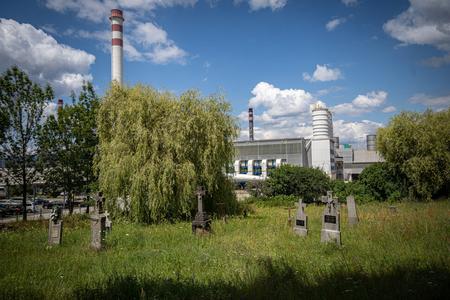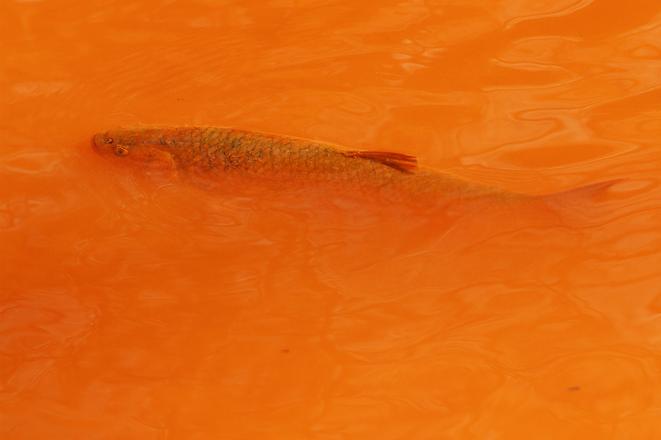Life without clean, fresh water is impossible. However, as one ecologic disaster after another has shown, fresh water can become contaminated very easily.
One well-known example of this in Slovakia is the leaking toxic landfill site in Vrakuňa in Bratislava.
A legacy of the communist regime, the leak, and the state’s repeated failure to deal with it, means that people living in the area have been unable to use water from their wells for the last two decades.

But it is far from the only case of its kind, and Slovak scientists have begun to research possible ways to extract pollutants from water to make it clean again.
Zuzana Bártová is a scientist at the Mineral Biotechnologies department of the Institute of Geotechnics of the Slovak Academy of Sciences in Košice. The department is headed by Daniel Kupka.
Focusing on waters polluted by inorganic substances, especially metals, and waters polluted by organic substances, such as products of chemical production, Kupka, Bártová and others are looking at ways to address the problems at Vrakuňa, but in other places in Slovakia.
To stay up to date with what scientists in Slovakia or Slovak scientists around the world are doing, subscribe to the Slovak Science newsletter, which will be sent to readers free of charge four times a year.
Not able to clean properly
When it comes to wastewater treatment plants in the country, they have one fundamental shortcoming - they were built a long time ago, explains Bártová.



 The river Slaná in mid-March last year. (source: TASR)
The river Slaná in mid-March last year. (source: TASR)